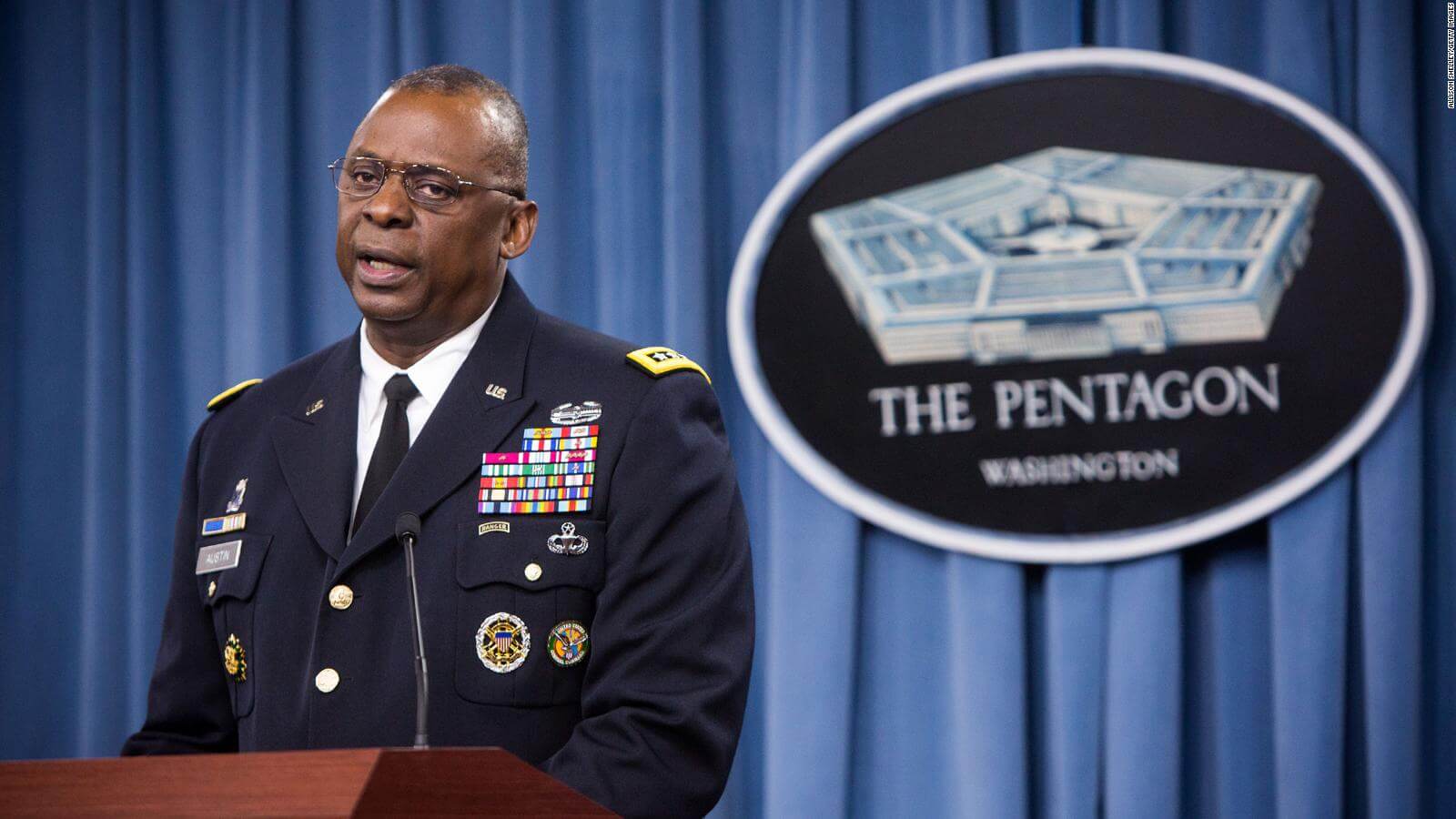US Secretary of Defence Lloyd Austin spoke with Saudi Arabian Crown Prince Mohammed bin Salman (MBS) on Thursday to “reaffirm the strategic defence partnership between the United States and the Kingdom of Saudi Arabia.”
According to a statement released by the Pentagon, Austin “condemned the recent Houthi cross-border attacks on Saudi Arabia and expressed his commitment to assisting Saudi Arabia in the defence of its borders”. At the same time, the secretary also “reiterated recent changes in US policy toward the Saudi-led Coalition in Yemen, discussed the importance of ending the war, and thanked the Crown Prince for Saudi Arabia’s commitment to a political settlement.”
The Saudi-led military coalition intervened in Yemen in 2015 to fight the Iran-backed Houthi rebels, after they took control over large parts of the country, including the capital, Sana’a, and ousted President Abd-Rabbu Mansour Hadi. Estimates suggest that since then, 125,000 people have died due to violence in the country, including 13,500 civilians in targeted attacks, the vast majority by the Saudi-led coalition.
In recent weeks, the rebels have upped cross-border drone and missile attacks on Saudi Arabia, amid their offensive to take over the last government-held stronghold of Yemen’s Marib province in the north. The area is also home to crucial oil and gas production facilities. The Saudi-led coalition, this week, redeployed troops to the region and increased air-strikes to curb the assault, and reports suggest that fighting has intensified over the last two days.
Though MBS had built a close personal relationship with senior members of the previous administration, Biden has consistently spoken of the need to “recalibrate” the US’ ties with the kingdom amid increasing concerns of human rights violations. Since taking office in January, the Biden government has announced the end of US support to the coalition in Yemen, reversed Trump’s designation of the Houthi rebels as terrorists, and halted an arms deal with Riyadh. The White House has also said that it will engage with the country on a “counterpart to counterpart” level, and therefore conduct diplomacy through Saudi King Salman bin Abdulaziz Al Saud, rather than the crown prince MBS. Biden has not yet spoken with the Saudi monarch.
Nevertheless, Austin in his call on Thursday underscored Riyadh’s role as a “pillar of regional security and architecture in the Middle East, and the importance of sharing the responsibility” to achieve these goals. The leaders also noted their shared commitment to countering Iran’s “destabilising” activities and “defeating violent extremist organisations” in the region.
US Reaffirms Strategic Defence Partnership With Saudi Arabia Despite Arms Sales Suspension
The Biden administration has consistently spoken of the need to “recalibrate” the US’ ties with the kingdom amid increasing concerns of human rights violations.
February 20, 2021

SOURCE: CNN
